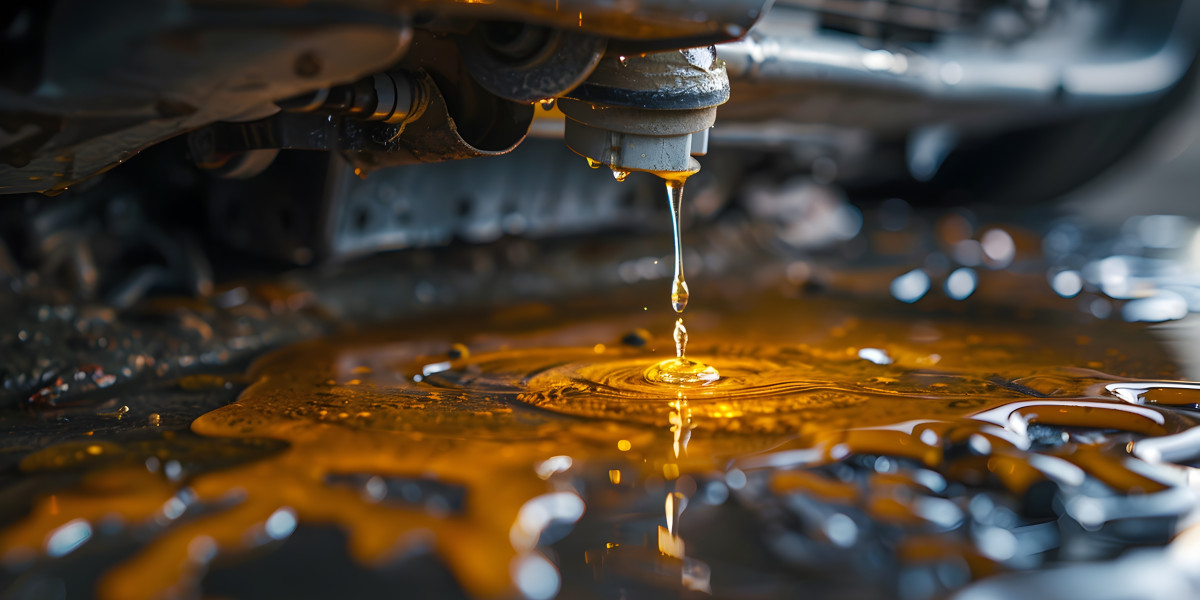Selecting the right automotive lubricants for your vehicle is not just a matter of convenience—it’s essential for engine longevity, optimal performance, and fuel efficiency. With so many options available in Abu Dhabi, car owners often feel overwhelmed by the variety of oils, greases, and additives on the market. Understanding how to match lubricants to your engine type can help you make informed decisions, save costs on repairs, and ensure your vehicle runs smoothly for years to come. For a trusted source of quality automotive lubricants in Abu Dhabi, check out our recommended supplier.
This guide will walk you through the essentials of choosing the correct lubricants, the types of engines they suit, and how regular maintenance using the right grease and oils can extend the life of your car.
Understanding Engine Types
Modern vehicles are designed with specific engine types that require particular lubrication strategies. Broadly, engines fall into three main categories:
Gasoline Engines
Gasoline engines are the most common in passenger vehicles. These engines operate at high speeds and rely on a precise balance of heat dissipation and friction reduction. Using the wrong type of automotive lubricants can lead to reduced efficiency, excessive engine wear, or even catastrophic failure. Gasoline engines typically require lighter oils with higher resistance to oxidation, such as synthetic 5W-30 or 10W-40 grades.
Diesel Engines
Diesel engines operate under higher compression than gasoline engines, which produces more heat and pressure within the engine. These engines need lubricants that can handle extreme pressure, resist soot buildup, and provide robust wear protection. Heavy-duty oils with additives like detergents and anti-wear agents are essential. Selecting the correct diesel-grade lubricant ensures your engine maintains performance while reducing the risk of damage over time.
Hybrid and Electric Vehicles
Although electric vehicles do not have traditional combustion engines, hybrid models still require specialized lubricants for both the combustion engine and electric drivetrain components. Proper lubrication minimizes friction in hybrid engines, prolongs component life, and improves fuel efficiency. As hybrid technology evolves, so do the formulations of engine oils designed specifically for these vehicles.
Types of Automotive Lubricants
Choosing the correct lubricant involves understanding the different types available and their intended uses. Below are the main categories:
Engine Oil
Engine oil is the most critical lubricant for your vehicle. It reduces friction, protects against wear, and cools engine components. Engine oils are classified based on viscosity, such as single-grade or multi-grade oils, and composition, such as mineral, semi-synthetic, or fully synthetic.
Transmission Fluids
Transmission fluids are designed to lubricate the gears, bearings, and other moving parts within manual or automatic transmissions. Using the correct transmission fluid prevents overheating, gear slipping, and excessive wear. Always check your vehicle’s manual to ensure compatibility.
Grease
Grease is a semi-solid lubricant used in high-pressure areas such as wheel bearings, chassis, and suspension components. In Abu Dhabi’s harsh climate, selecting high-quality grease in Abu Dhabi aensures components remain protected against dust, heat, and wear. Grease comes in various grades and compositions, including lithium, calcium, and polyurea-based options, each suitable for different applications.
Specialized Additives
Certain lubricants come with additives that enhance performance, such as anti-foam agents, corrosion inhibitors, and friction modifiers. These additives are particularly useful for older engines or vehicles operating under extreme conditions.
How to Determine the Right Lubricant for Your Vehicle
Matching lubricants to your engine involves considering multiple factors, including manufacturer specifications, operating conditions, and vehicle age. Here’s how to approach it:
Consult Your Owner’s Manual
The first step in selecting the right automotive lubricants is to consult your vehicle’s owner manual. Manufacturers provide detailed guidance on recommended oil types, viscosities, and service intervals. Ignoring these recommendations can void warranties or compromise engine performance.
Consider Driving Conditions
Driving conditions play a significant role in lubricant selection. Vehicles operating in Abu Dhabi’s hot and dusty environment require lubricants with high thermal stability and enhanced filtration properties. If you frequently drive in stop-and-go traffic, or tow heavy loads, specialized oils and greases are necessary to prevent accelerated engine wear.
Check Oil Viscosity
Viscosity measures a lubricant’s resistance to flow. Thinner oils flow easily and improve fuel efficiency, while thicker oils provide better protection under high temperatures. Multi-grade oils, such as 10W-40, adapt to a range of temperatures, offering balanced protection throughout seasonal variations.
Consider Vehicle Age
Older engines with worn components may benefit from higher-viscosity oils that restore some level of compression and reduce leaks. Conversely, newer engines designed with tighter tolerances require low-viscosity synthetic oils for optimal performance.
Verify Additive Packages
Modern lubricants contain various additives to improve performance. For example, detergents prevent sludge buildup, anti-wear agents protect metal surfaces, and friction modifiers enhance fuel efficiency. Ensure that your chosen lubricant has the right combination of additives for your engine type and operating environment.
Importance of Regular Maintenance
Using the correct lubricant is only part of engine care. Regular maintenance ensures your vehicle operates efficiently and avoids costly repairs.
Oil Change Intervals
Changing engine oil at recommended intervals prevents sludge formation, maintains proper lubrication, and improves engine longevity. Follow manufacturer guidelines or consult with a certified service provider for personalized advice based on driving conditions.
Grease Application
Regularly applying grease in Abu Dhabi to components like wheel bearings, joints, and suspension parts minimizes friction and prevents premature wear. Use high-quality, weather-resistant greases to withstand the extreme heat and dust common in the region.
Monitor Fluid Levels
Routine checks of oil, transmission fluid, brake fluid, and coolant levels help detect potential issues early. Low fluid levels can cause overheating, gear damage, and even engine seizure.
Filter Replacement
Oil filters and air filters play a crucial role in maintaining lubricant effectiveness. Replacing these filters at recommended intervals ensures contaminants do not compromise engine health.
Common Mistakes to Avoid
Even with the right lubricant, improper usage can undermine engine performance. Here are mistakes to avoid:
Using generic or low-quality lubricants that do not meet manufacturer specifications.
Overfilling or underfilling engine oil, which can lead to increased wear or leaks.
Ignoring the recommended oil change schedule.
Using the wrong type of grease for high-pressure components.
Mixing oils or lubricants with incompatible additive packages.
Benefits of Using the Right Lubricants
Proper lubricant selection offers numerous advantages:
Enhanced engine performance and smoother operation.
Reduced wear and extended component life.
Better fuel efficiency and lower emissions.
Fewer maintenance issues and unexpected breakdowns.
Protection against extreme heat, dust, and harsh driving conditions.
Expert Tips for Selecting Automotive Lubricants
Always prioritize manufacturer specifications over marketing claims.
In Abu Dhabi, consider lubricants designed for high-temperature and dusty conditions.
Use high-quality grease in Abu Dhabi for suspension, wheel bearings, and joints.
Keep a maintenance log to track oil change intervals and lubricant types used.
Consult with professional mechanics or authorized dealers for guidance on specialized engines.
Conclusion
Matching automotive lubricants to your vehicle’s engine type is essential for ensuring longevity, reliability, and peak performance. Whether you drive a gasoline, diesel, or hybrid vehicle, understanding the requirements of your engine and the role of oils, greases, and additives helps prevent costly repairs and improves efficiency. In Abu Dhabi, where extreme temperatures and dusty roads challenge vehicle components, selecting high-quality lubricants and performing regular maintenance is even more critical. By following the tips outlined in this guide and consulting trusted suppliers, you can protect your engine, enhance performance, and enjoy a smoother, safer driving experience for years to come.







